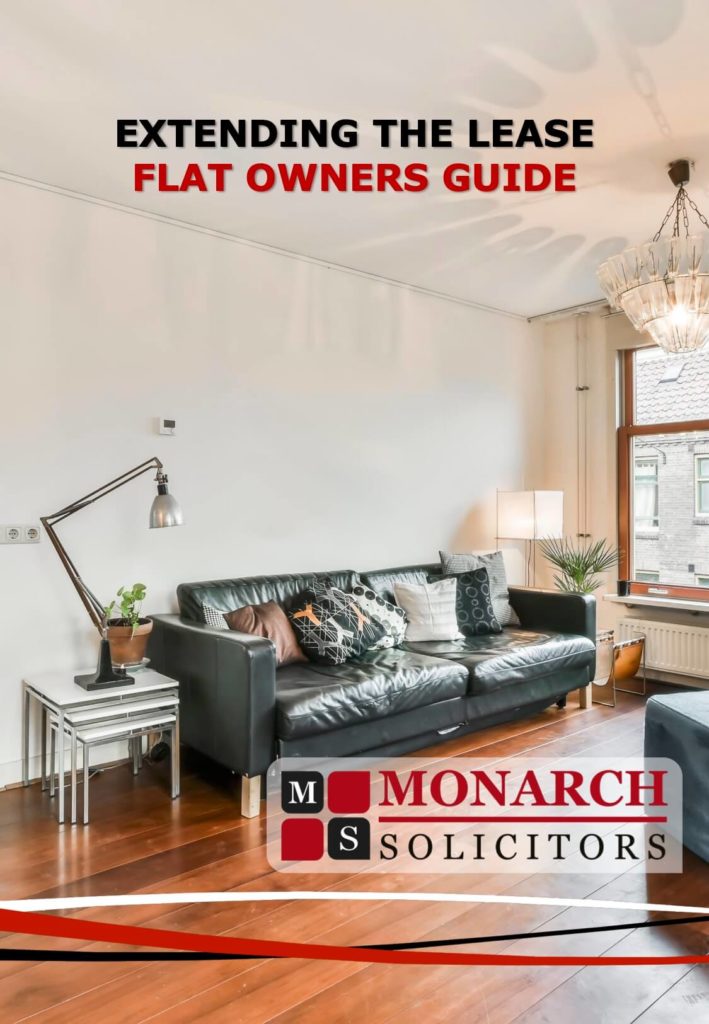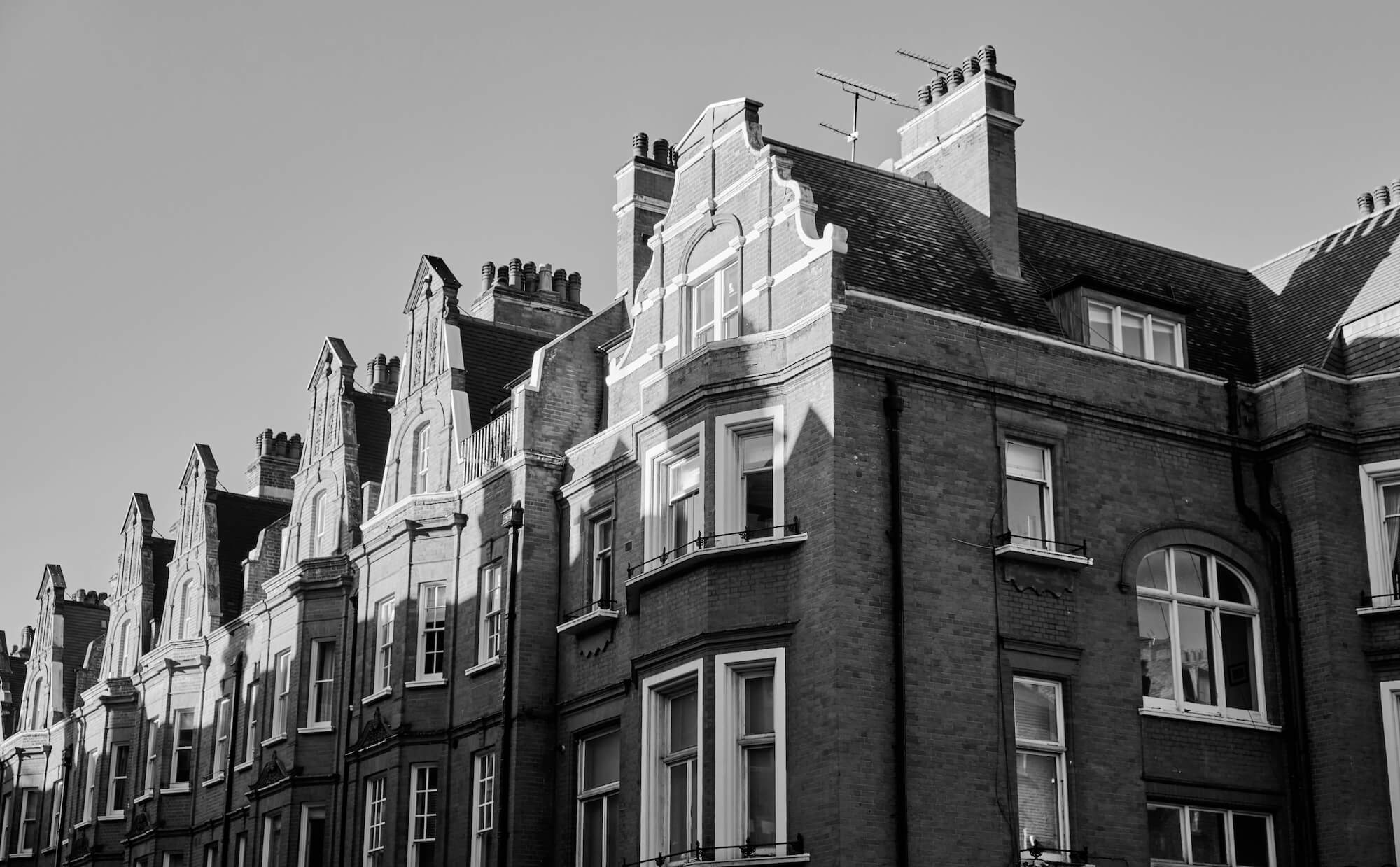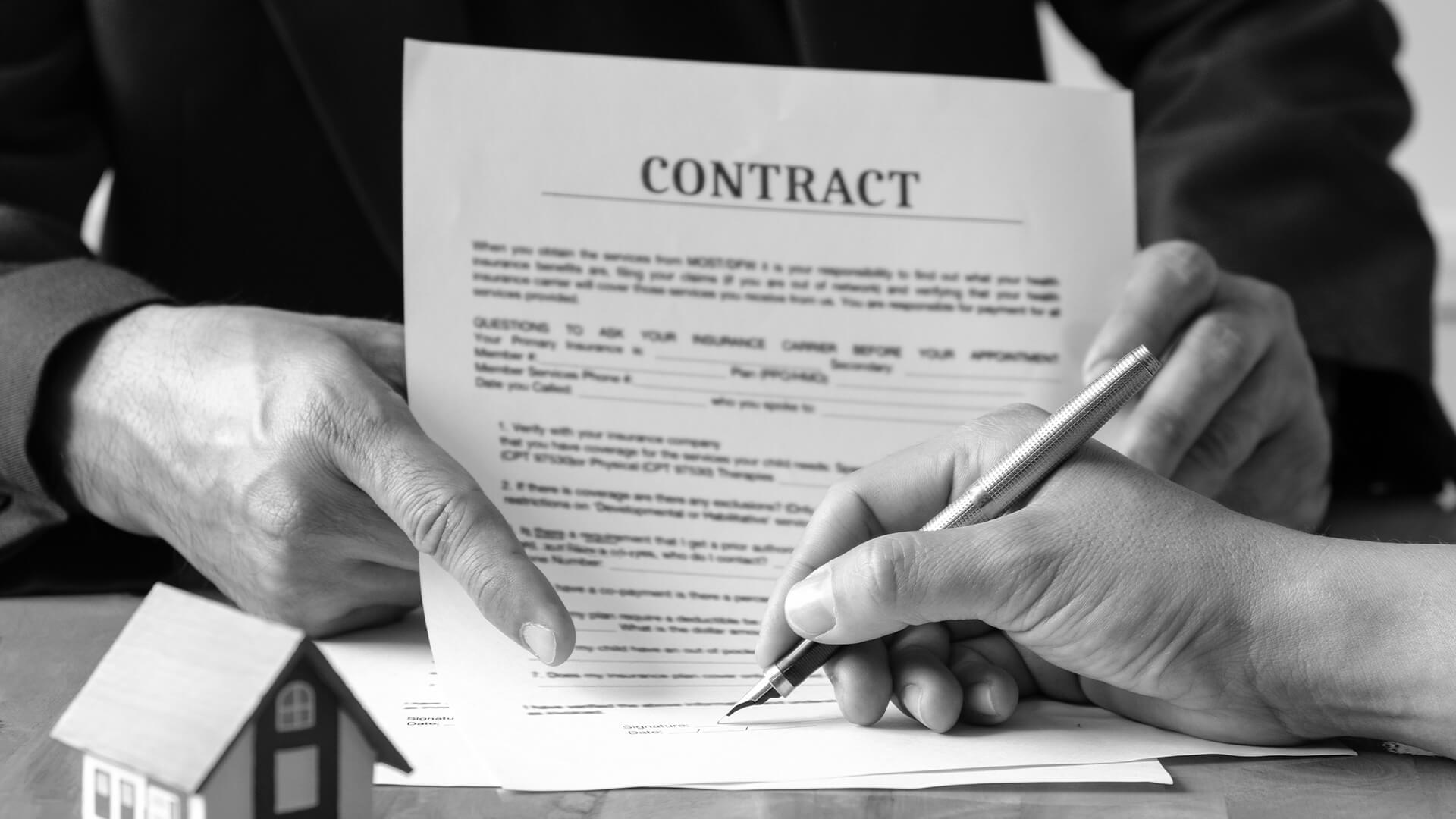Property
Lease Extension Solicitors
Lease Extension Solicitors in Manchester and London - Flats
The Leasehold Reform, Housing and Urban Development Act 1993 provides leaseholders in England & Wales the right to extend the lease to their flat. Qualifying leaseholders can extend their lease by a further 90 years and diminish the ground rent to a peppercorn. Our Lease Extension solicitors can help you extend your lease.
Short Lease Concerns for Flats
A leasehold asset is an ownership for a defined number of years. Over the course of time, those years reduce, and so does the value of the property. As the term of the lease gets shorter, the premium payable for the extension increases especially when the lease is 80 years or less. Therefore, a lease is often described as a depreciating asset.
As the lease to your flat is one of your biggest assets, it is always worth extending the lease at the earliest opportunity to minimise the cost of the premium payable. If you don’t, you could risk not only making your property less marketable but also losing it altogether. When the lease expires the landlord is entitled to the return on the physical flat – i.e. you lose the flat.
To avoid this, you could consider an informal lease extension if your landlord is willing to consider this option or alternatively if you are a qualifying tenant you could invoke the statutory lease extension procedure which is set out in legislation.
If you have a short house lease, the preferred route is to buy the freehold instead of extending the lease.
The Qualifying Criteria:
- The lease must be a long lease, of over 21 years
- The tenant must have been the registered proprietor of the lease for at least 2 years.
- There is a nominal lease ground rent
Statutory Lease Extension – Getting Started:
A lease extension process is a rather technical procedure, which can be exacerbated by reluctant freehold owners.
A typical lease extension procedure would entail:
- Checking your eligibility to make a lease extension claim
- Preparing detailed instructions for a RICS Surveyor
- Preparing and serving the Section 42 Notice of Claim
- Dealing with the landlord’s counterclaim
- Assisting with negotiations on the premium
- Dealing with the deed of covenant terms
- Registration at Land Registry
Our lease enfranchisement solicitors have the specialist knowledge and know-how of each step in the process of a residential lease extension in order to provide you with peace of mind and ensure the process progresses smoothly and efficiently whilst protecting your interests.
To assist flat owners through the complex process of leasehold extension, please see our BLOG or FREE PDF GUIDE ON LEASE EXTENSIONS or download a copy from the right hand side of this page.
Our free leasehold extension guide for flats covers:
- The routes available to extending the lease – voluntary or statutory
- Lease Extension process flow chart
- The steps taken in the statutory lease extension process
- The qualifying criteria for lease extensions
- The lease extension premium and RICS valuation
- How lease extension disputes are dealt with and absent freeholders
- How third parties are dealt with
- Withdrawing the Section 42 Notice of Claim
- Collective Enfranchisement option
- The advantages of extending the lease
Assigning the Benefit of the Section 42 Notice
If you are thinking of buying a flat with a short lease, you should consider asking the current owner to exercise their right to extend the lease before the purchase or you will have to wait 2 years to exercise the right yourself.
If a lease term has less than 125 years remaining it is vital to consider renewing the lease on a flat. However, the minimum lease term requirements for mortgage lenders can be found in the Council of Mortgage Lenders Handbook.
How Our Lease Extension Solicitors Can Help
The statutory process of extending the lease to a flat is not the same as buying a flat. Apart from meeting certain criteria and following a certain procedure there are many pitfalls and traps, and if the process is not followed correctly, it will mean that you cannot exercise your right again for another 12 months.
Therefore, specialist legal advice is highly recommended for this niche area of property law.
Monarch Solicitors (Authorised and Regulated by the Solicitors Regulation Authority), can manage the process from start to finish, ensure co-operation between the leaseholder and landlord, and ensure that a solid, legitimate lease extension occurs and is then registered at the Land Registry.
We are members of the Association of Leasehold Enfranchisement Practitioners and as such our ALEP accredited leasehold extension lawyers have vast experience of dealing with the complex nuances of the issues that can arise during a freehold purchase.
As specialist leasehold solicitors, our team can also advise on:
- Leasehold Enfranchisement – Buying the Freehold to a House
- Collective Enfranchisement for Flat Owners – Buying the Share of the Freehold in Blocks of Flats
- Statutory Commercial Lease Renewals
- Commercial Leases – New Leases & Assignment
- Advice & Representation for Freeholders on their Duties
- Right to Manage Claims
- Right of First Refusal
- Service Charge Disputes
- Buying a Residential Property
- Selling a Residential Property
- Leasehold Residents Associations
Price & Service Transparency
At Monarch Solicitors we provide highly competitive legal fees for clients wishing to extend their lease. We will provide you with a breakdown of the routine legal costs for a simple lease extension from the outset so that you can budget the statutory lease extension cost.
We have a 3 stage Process for uncontested lease extensions:
- Eligibility checks and RICS valuation of the premium payable
- Drafting and serving the Section 42 Notice
- Dealing with the deed of covenant and its registration at Land Registry
It is difficult to estimate the average costs of extending the lease or the premium, however a lease extension calculator can be found at Lease-Advice.org which is a government funded body that provides independent advice for residential leaseholders.
As well as the premium you will have to pay the landlord’s reasonable costs and valuation fees. Stamp Duty may be payable if the premium is over a certain threshold. Therefore, you should budget for the costs involved in the lease extension process.
More information about leasehold property can be found at the government website GOV.UK – Leasehold Property.
Contact our Lease Extension Solicitors
We would like to discuss your flat lease extension requirements directly to find out how we can help.
Please contact our residential lease extension solicitors by sending an email to us at [email protected] and one of our lease extension lawyers shall call you back.
Alternatively, please call our solicitors on 0330 127 8888 for a no-obligation discussion.
Monarch Solicitors are a leading UK law firm and our award-winning Manchester solicitors, London solicitors and Birmingham solicitors offer their legal expertise nationally and internationally.
We are also able to leverage an international network spanning across Hong Kong, Turkey and Dubai International Financial Centre (DIFC) Courts to provide seamless assistance with cross-border matters relating to lease extensions.
Call our lease extension solicitors for a free initial consultation

FAQ
Yes, even if the tenant satisfies the above criteria, they will not be a qualifying tenant if any of the following cases apply:
- the landlord is a charitable housing trust and the flat is provided as part of the charity’s functions;
- the tenant owns more than two flats in the building. This is either jointly with others or solely in their own name. Please note where this applies these flats will be discounted from the two-thirds;
- the tenant has a business or commercial lease.
If you are proceeding through the statutory process, you can expect the process to take 6-9 months on average. Things can take place faster or slower depending on the cooperation of both parties. The competent landlord has 60 days to respond with their counternotice after we send out our s.42 notice to start the process.
The landlord will generally respond towards the end of these 60 days as they spend this time instructing their own solicitors and surveyors accordingly. Once the counternotice comes back, things can move faster or slower depending on the amount of negotiations required.
The voluntary process can be generally faster as a rule of thumb, however this again requires amicable cooperation between all parties to move things forward.
Leaseholders are obliged to pay for the landlord’s reasonable costs as part of the statutory process. There is generally no fixed amount as this will depend on the amount of required work from the landlord’s solicitors. As a general rule of thumb, you can expect the landlord’s costs to be in the region of £1,000 to 2,500. As per the statutory regulations, these costs must be reasonable.
Related Articles
Solicitors you can trust
Client satisfaction is paramount to use so we appreciate your feedback as it allows us to continually improve the service we provide



















